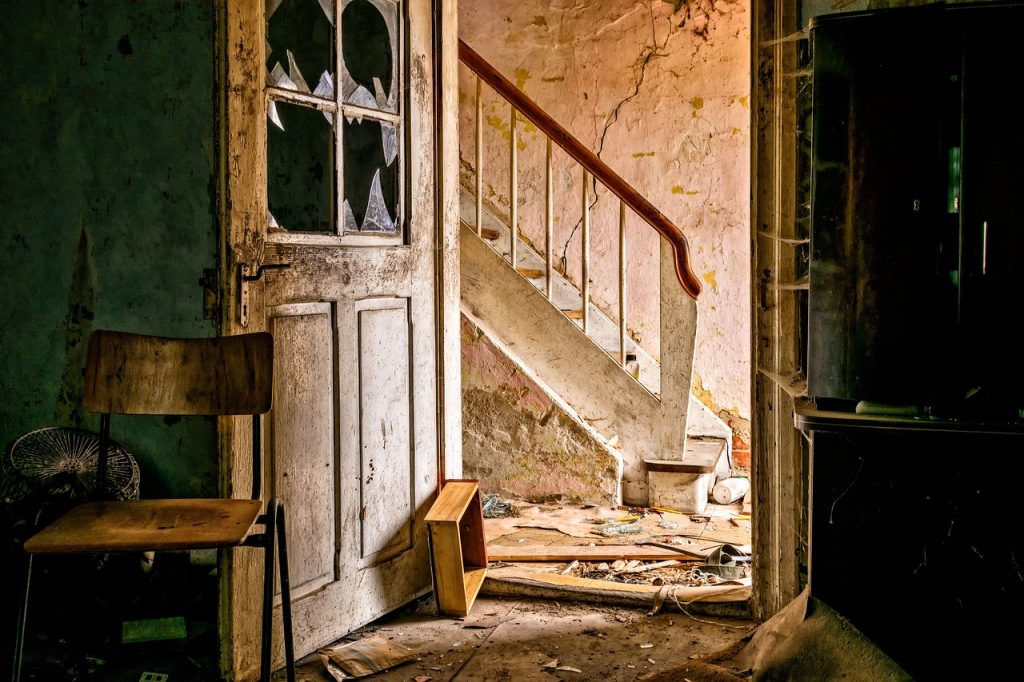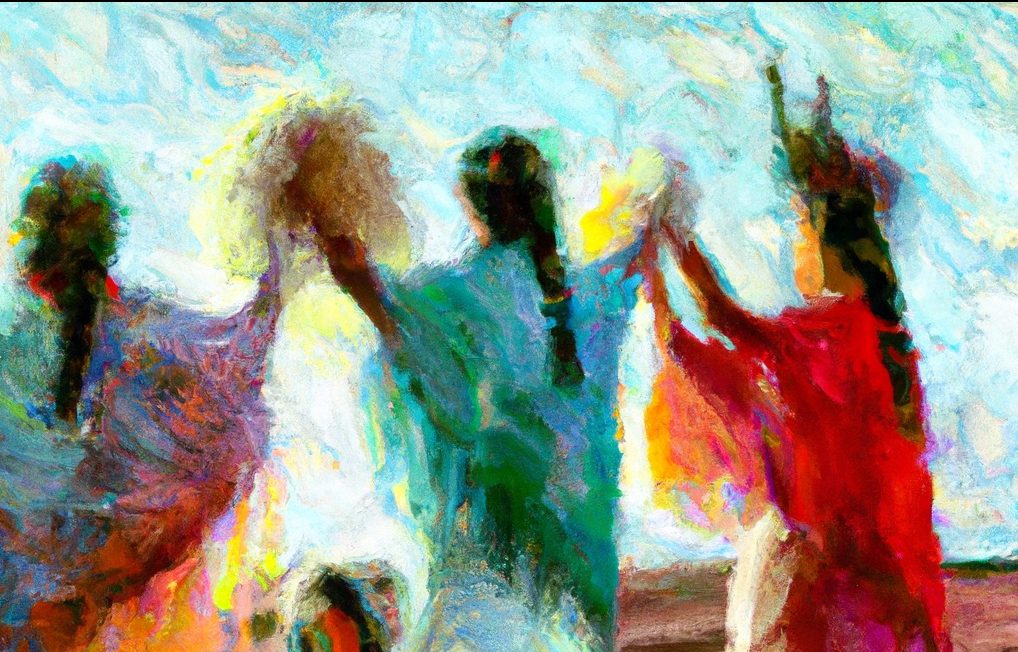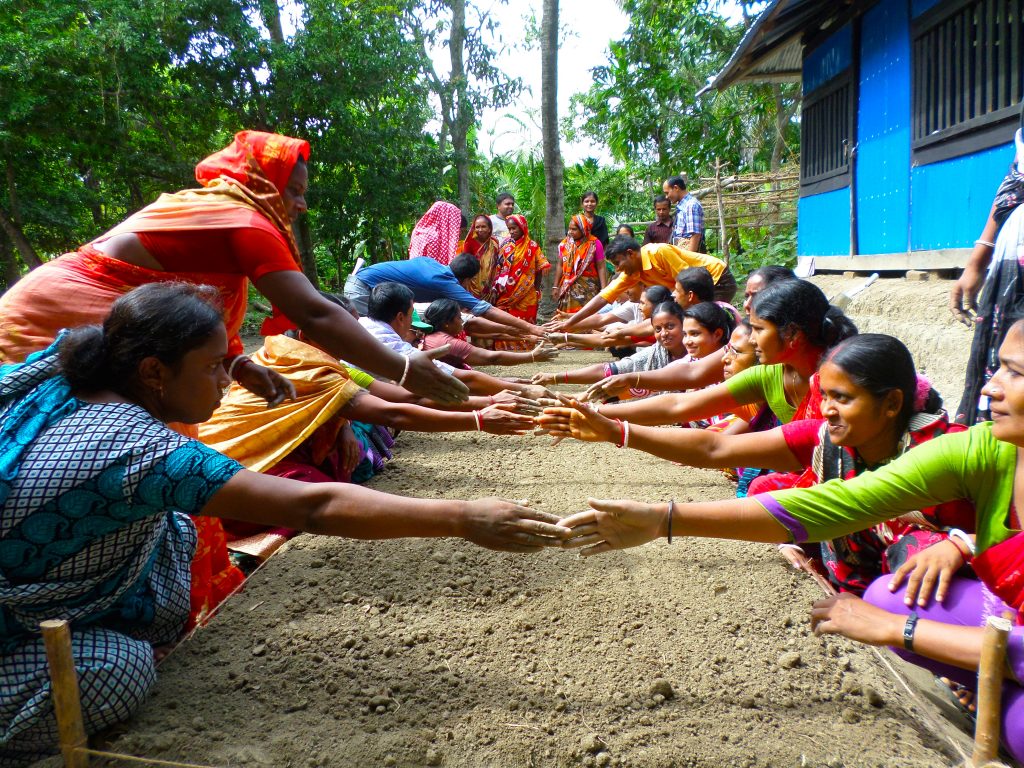The Community Awaiting Us
To help us meet the challenge of climate chaos—the biggest challenge humans have ever faced—we have the science now, the telecommunications, and vast amounts of information. What we need more than anything is our natural strength and legacy of being in community. We are meant for community, we’re enlivened by community, we are nurtured by community.
I doubt that we have a clear idea of how we have all been misshapen, stunted, even imprisoned by the hyper-individualism of the last five centuries and what it has done to our experience of our self. It has shrunken that self. It has weakened it. It has made us feel separated and isolated.
As we discover in the Work That Reconnects, our grief is natural and wholesome, and so is our outrage. In community, our collective common sense can defy the notion that our distress for the world is a sign of weakness. In our culture, there is a fixation on being the captain of our fate and the master of our soul—a delusion which psychologist James Hillman called the “lonely cowboy ego.” We have been taught to compete and made prey to fear.
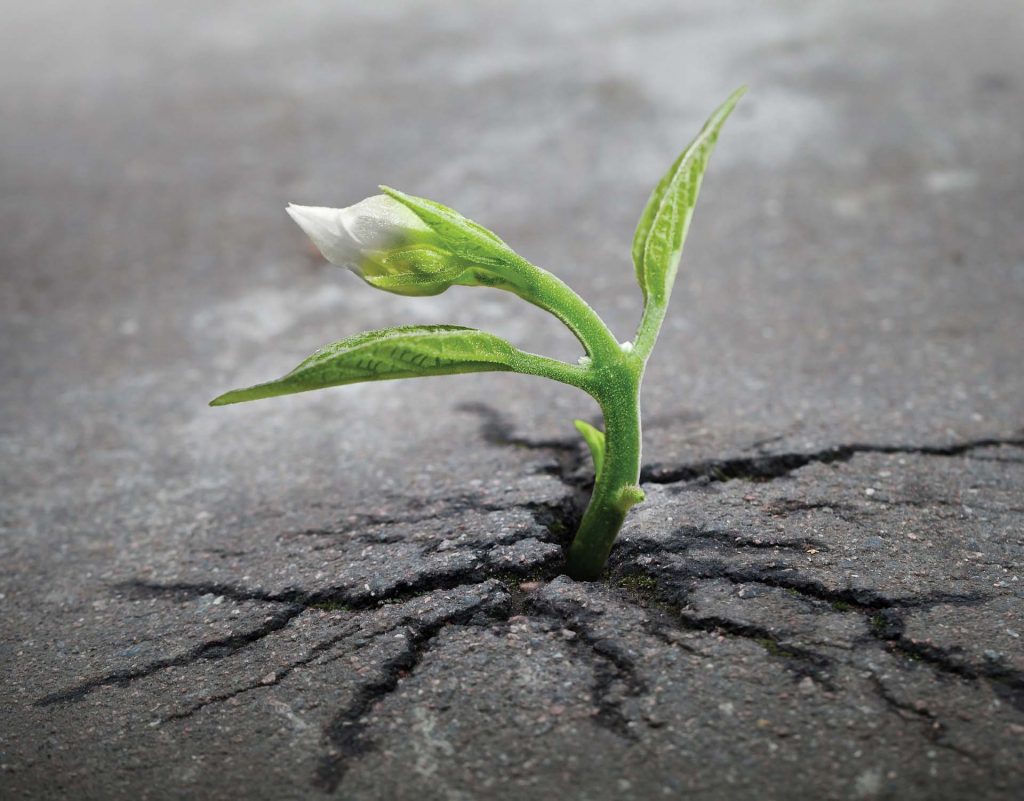
It is time to remember that we belong to each other. We’re made for each other. We cannot do it alone. We come out of our world, just like a tree comes out of the soil and the rays of the sun. Gratitude is a swift way to come back to our sanity and rediscover our inter-being. It’s an antidote to the wounded and fearful self. That is why in the Work That Reconnects the first step on the path together is gratitude. It’s so easy; once we are given the chance, the countless things that we love about being alive in Earth come pouring out—and it’s hard not to fall in love with each other while that is happening. For the native people in America, on Turtle Island, giving thanks is their first step: “the words that come before all else.” What we discover again and again is that gratitude grounds us.
In the consumer society, gratitude is subversive. To be thankful for something is a revolutionary act. The simple and liberating message of gratitude is, “I am not that needy.” That’s empowering; it gives us the strength to face what is hard. When we are alone, unsupported by community, it is easy to let our acute distress for the world be pathologized. After all, we have Big Pharma to take care of our pain for the world, and, for that matter, our grief and outrage and dread, whereas the suffering we are carrying for our planet today is natural, wholesome, and probably necessary. Through the exercises and rituals of the Work that Reconnects, we have learned to honor these feelings as being a natural and powerful expression of our love.
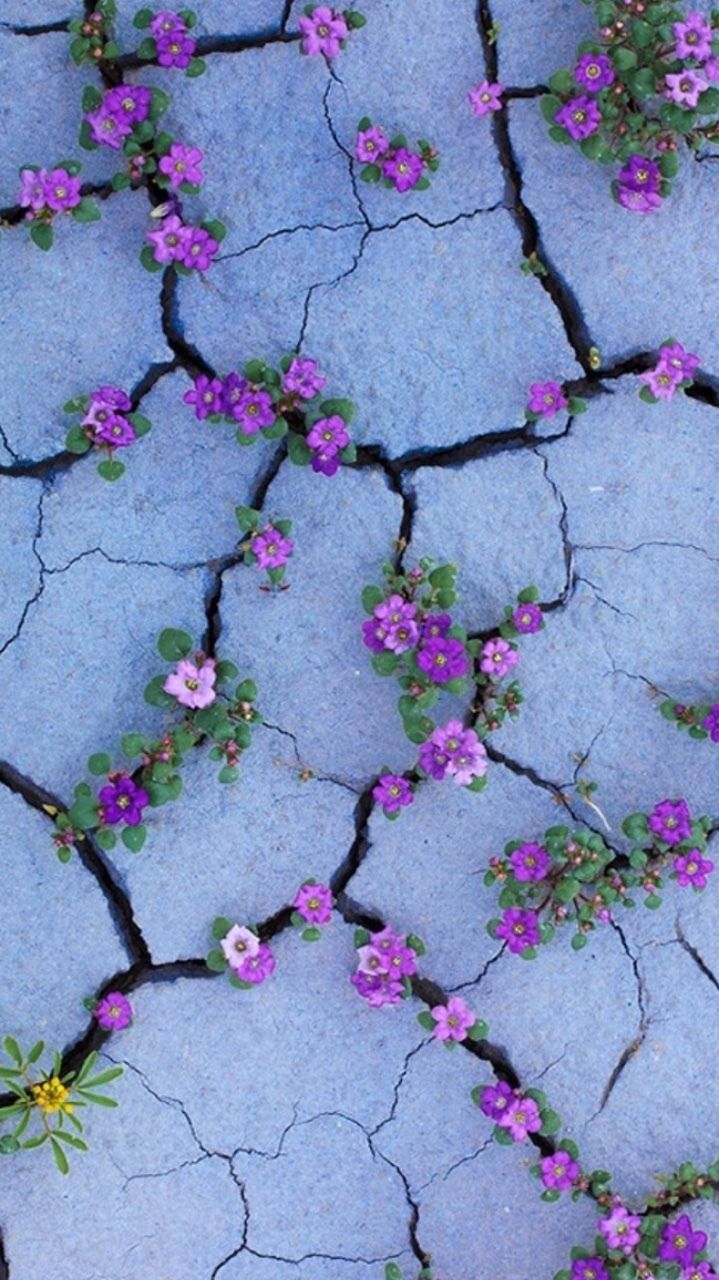 I doubt we can even imagine what can pour through us when we feel our true kinship with each other. We’ve been lonely, scared, and isolated at a deep level, as well as set on competing and outdoing each other. I wonder if we are able to envision how beautiful it will be, and what will come through our hearts, our hands, our voices when we hold each other’s backs.
I doubt we can even imagine what can pour through us when we feel our true kinship with each other. We’ve been lonely, scared, and isolated at a deep level, as well as set on competing and outdoing each other. I wonder if we are able to envision how beautiful it will be, and what will come through our hearts, our hands, our voices when we hold each other’s backs.
The time for the loneliness, fear, and cowering so that nobody will see how inadequate we are, is over now. It is over because we’re going to move forward in the kind of community that we know is possible. That will not be done by the protests and marches. It’s done by living and working together. It’s done in late-night meetings, song circles, and teams we can count on. Perhaps, most urgently right now, community means growing food. As we do this, we will be learning from each other and getting our hands dirty together, and we’ll be kissing each other’s lips while there’s still dirt from the soil on them. With each other, we will come home.
Let us celebrate that whatever happens, we have choice. In Tibetan Buddhist practice, that’s what you begin with: you give thanks for having a human life, not because humans are better than any other beings, but because this big brain is too complex and highly differentiated to rely on instinct or trial and error. That is to say, we have self-reflexive consciousness and can choose. Often we choose stupidly, forgetting, as the native people say, “our original instructions.” The other animals stay splendid in their true nature. We can forget, but we can choose. We can choose where we put our mind.
We can choose the story we want to get behind for our world, and it seems that there are three basic ones. There’s Business as Usual, which is the version of reality we hear the most. From the politicians, the corporations, the military, and the media, we hear that everything will be fine as soon as we get back to growing our economy.
The next version of reality that more and more people are pointing to is that we are wrecking our world. There is a Great Unraveling going on, and people are even talking more and more about “collapse.”
But the third story is evident when you choose to see all the ways that our new culture is beginning to grow and sprout, like green shoots coming up through the rubble of a dysfunctional civilization. We see new ways of growing food, new ways of holding the land, new ways of resolving conflict, new ways of generating energy. We see that we are in transition to a life-sustaining culture and society. Many of us call this the Great Turning. Most people who are involved in it don’t even know the phrase. It doesn’t matter. But it matters to pay attention because the corporate-controlled media don’t report it. So, community becomes the way that we can put our ear to the ground, and become ever-more aware of what’s really happening.
It’s not about which story is going to win, the Business as Usual or the Great Unraveling or the Great Turning. The question is, what do you want to give your one wild and beautiful life to? That’s been a great help to many of us as we face the fact that we do not know how the story will end, as we live with uncertainty about the very future of complex life forms on our planet.
As we envisage the Great Turning, it would be nice to be bathed in confidence and assurance that all will work out. But I don’t think it’s all that helpful, because there is something more precious than confidence or even hope. And that is an unconditional readiness and freedom to be here, simply glad to be on hand.
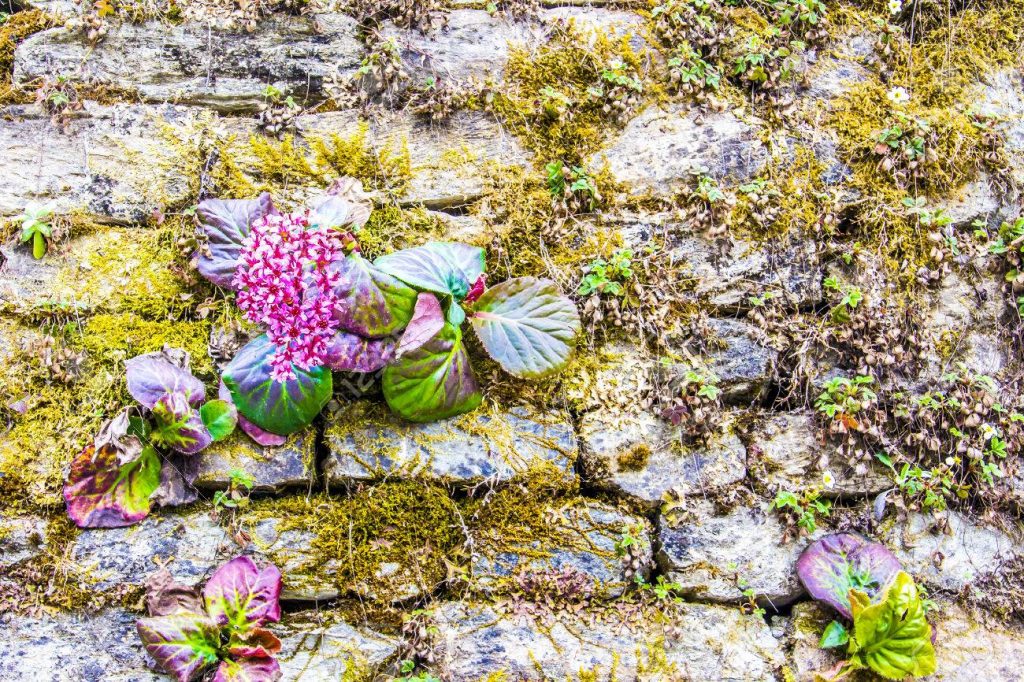
We are given this incredible razor’s edge of possibility, where we’re totally in the moment together, not distracted by wondering whether we’ll fail or transform the world. I’m not going to ask for that kind of assurance. The strength of uncertainty is to be fully present. When you are distracted by how much to hope, you are only conditionally here.
In this present moment, facing this unrepeatable challenge of climate chaos, we can feel we are being joined by both those who have gone before and those who will come after. Our ancestors have brought us to the Great Turning, and future generations are here as well by virtue of their utter dependence upon our response. Their presence expands the community that opens to us now and invites us into deep time. It’s the sweetest thing that we don’t even have to know how all the gifts—seeded by our ancestors and evoked by the future ones—can pour through us. These gifts are not our personal property, nor meant for the separate self. They come through now for the sake of Life itself.
This article is possible through a collaboration with CCC19: Climate Change and Consciousness: Our Legacy for the Earth, at the Findhorn Foundation, North Scotland, April 20-26, 2019. The event will feature some of the clearest and most passionate voices for the Earth ever gathered together in one place. Kosmos is an official hub for CCC19




